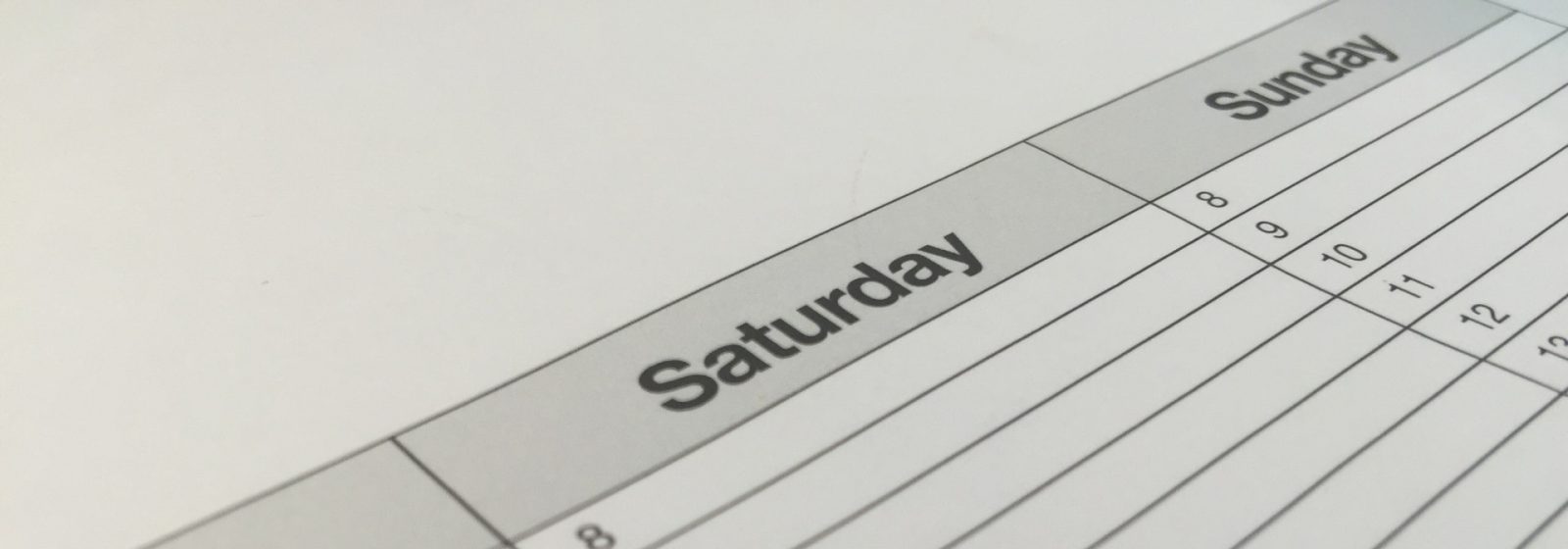The Mission Trip Schedule That Creates Impact
The impact of a mission trip is found in the schedule. I know there is a lot to disagree with in that statement. You could say impact is found in relationship, connection and spiritual discovery and you would be right, but what makes space for all these things is the schedule. Over the years of leading hundreds of LeaderTreks Trips I have come to understand that the secret to a great trip is how you manage the schedule. This is what I think about when making my schedule:
1. Time to focus on God
Mission trips are a great place to get away with God. We are serving him and caring for his people but it’s also a great time to get personal with him. I like to set aside 45 minutes in the morning to study his word, pray and reflect on what he is teaching me through the trip. This takes the trip to a deeper level and allows God to have an impact on me.
2. Balance team time
Teams require task and social time. So on trips I like to make sure we have time to serve and time to invest in each other. This balance is important to a good trip. Most adult mission trips I have been on don’t understand this balance. They tend to have lots of serving time and all other time is on your own and teams never gel with this schedule. Make sure you are intentional with down time. Find activities you can do together. Learn together about the culture you are serving. Consider using down time to let the local people teach you about what they love to do.
3. Process time
In point one I made the case of time alone with God; this point is much the same but it’s corporate time with God. The team needs time to process together what they see God doing. This is also a great time for students to make applications. We want to live differently because of a mission trip. Many people say the reason they go on a trip is to help them change. Change their relationship with Christ or change how they view other people. If this is the case then we need to provide time for them to process this and make public applications of how they want to change.
4. Sleep time
Students can’t learn if they don’t have sleep. Want to stay up all night and play games then fine, but your trip won’t have any impact. You will just have memories of wacky stunts you played on each other. Instead, sleep and make milestones; make life makers that will lead to life decisions and real transformation.
5. Learning and discovery time
Our students and adults don’t understand what it means to be poor. Ever notice on a mission trip how our students are amazed how happy poor people can be. What this tells us is our students and adults think happiness is directly related to having stuff. Wow, are they wrong! This is a golden opportunity for us to help them learn what true happiness is all about. This is just one example of what students can learn and discover on a mission trip. We need to be open to having time to discuss and teach through these issues. Other examples of discovery opportunities: how God can use people with all different kinds of talents. We don’t need missionaries in the field; we need engineers, teachers, doctors, chemists and lawyers. Our students need a bigger view of what Jesus is doing in the world and a mission trip is a great place to open students’ eyes to what their lives could be. Don’t miss it!
About the Author
Doug Franklin
Doug Franklin is the president of LeaderTreks, an innovative leadership development organization focusing on students and youth workers. Doug and his wife, Angie, live in West Chicago, Illinois. They don’t have any kids, but they have 2 dogs that think they are children. Diesel and Penelope are Weimaraners who never leave their side. Doug grew up in… Read More




